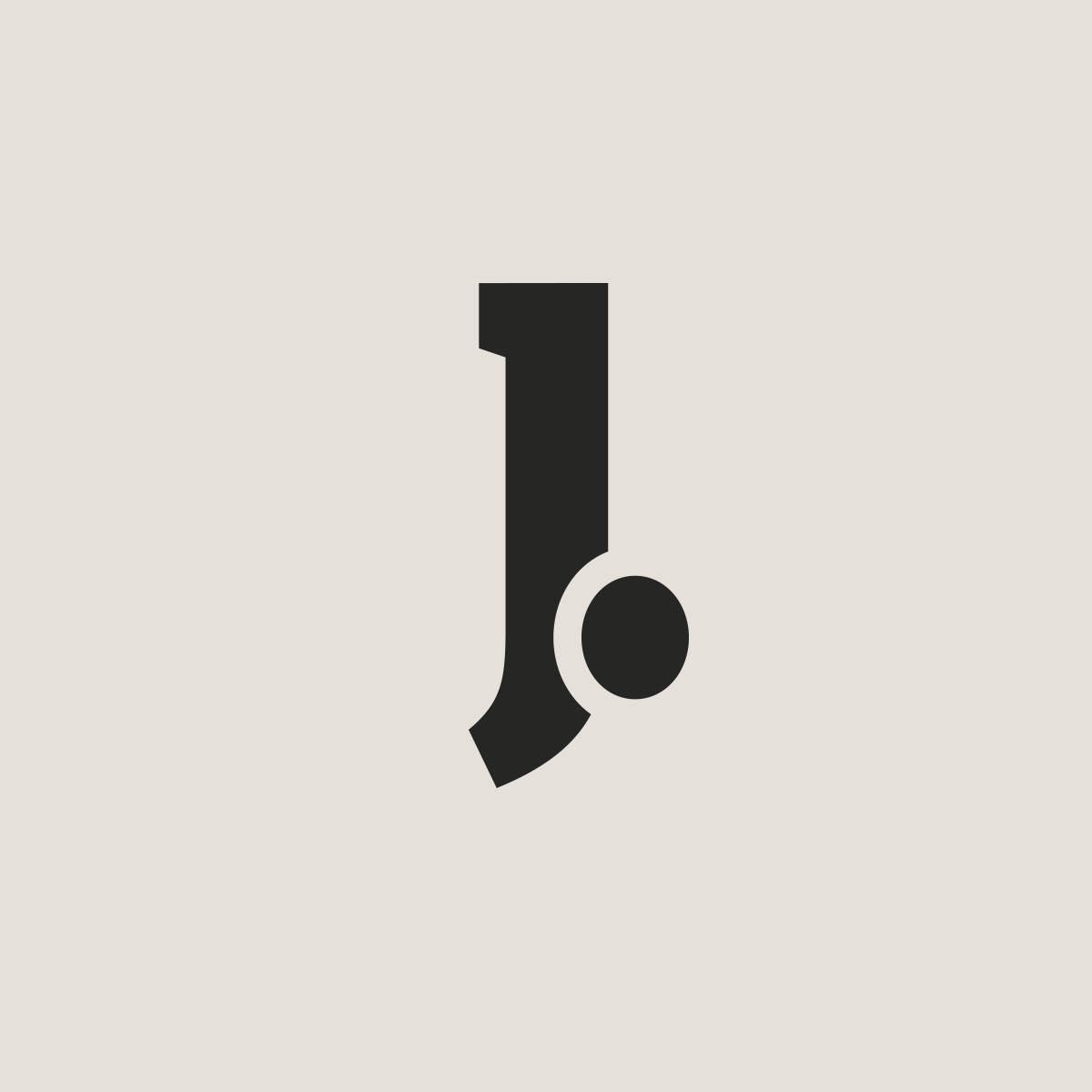Regardless of your methods, you need to validate your design decisions somehow. The problem is that many people think research and validation are the same thing.
The scientific method basically goes like this:
research, hypothesis, experiment, results, repeat.
Memorize that. It might change your life.
The problem with UX design is that people often consider brainstorming the same thing as researching. But research is based on questions, not suggestions or ideas.
There are different types of questions:
When you ask questions, especially to yourself, it is very important to ask the right type of question. Examples:
Closed question: Are fashionistas our target audience?
Leading question: It seems like a fashionista might like this, what do you think?
Open question: What type of people are most likely to want this?
Each of these produces a very different type of answer.
For the closed question, you’re basically restricted to “yes” or “no”, because there is an assumption that fashionistas are the right audience.
But what if you’re wrong?
You’re back where you started, because your assumption-based-on-nothing was incorrect.
Leading questions allow more answers, but answers are framed relative to the question. You might get agreement (if fashionistas are a believable possibility), or answers that use fashionistas as a starting point (“Maybe, but…”).
If the truth is completely different though — like if elderly truck drivers are your best target — you might not find the true answer at all, because it doesn’t relate to fashionistas as a possibility.
Research is made of open questions:
Open questions don’t suffer from these problems, and that makes them good for research. Rather than trying to confirm or relate to your assumptions, you go into your research thinking “anything is possible, but something is correct” and you start revealing information — whatever that might be — rather than confirming guesses.
Huge difference.
Is my idea a hypothesis or a guess?
A hypothesis comes from an open question. If you asked “who is most likely to want this?” and then you collected a variety of evidence that leads you to believe that fashionistas would interested, it’s a hypothesis. You should design and test something for fashionistas. Good work!
A guess comes from a closed or leading question (i.e. — an assumption). If you asked “Are fashionistas most likely to want this?” and then went to fashionistas to check, it means anything but an obvious “no” might convince you that you’re correct. You should do more research, because there is a good chance you’re about to fuck up something expensive.
… and that’s why research is questions, not confirmation. :)
Have a good week!
J.
